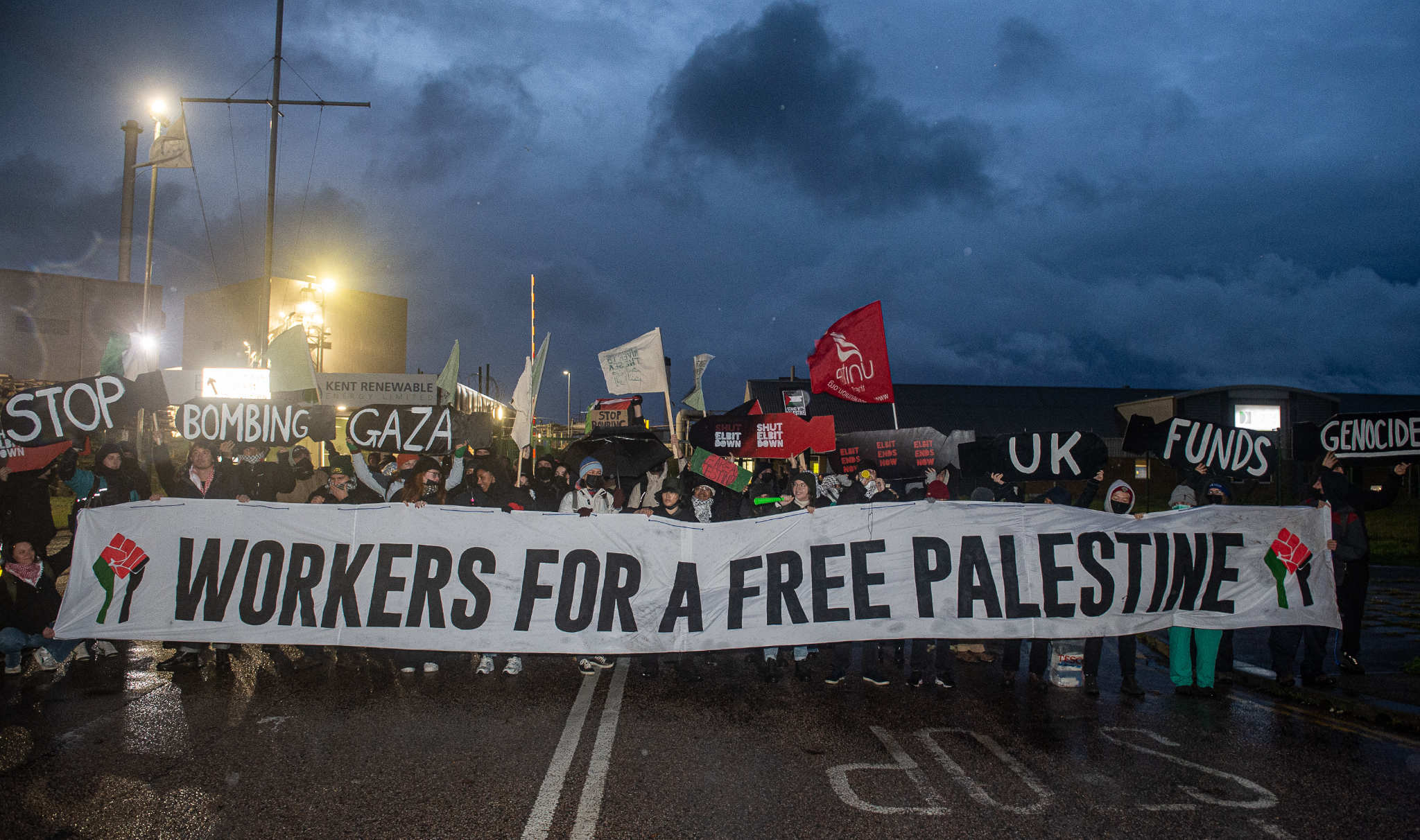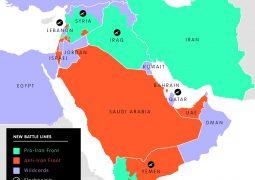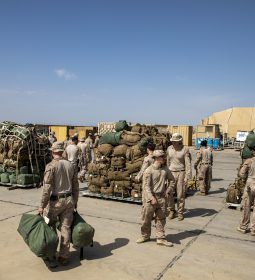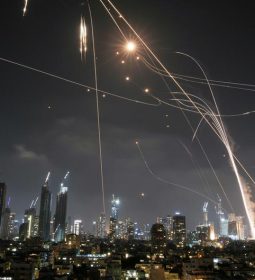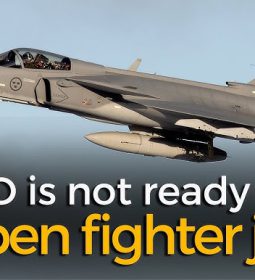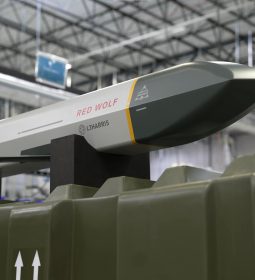ONE BRITISH BUSINESS COULD STOP ISRAELI JETS BOMBING GAZA

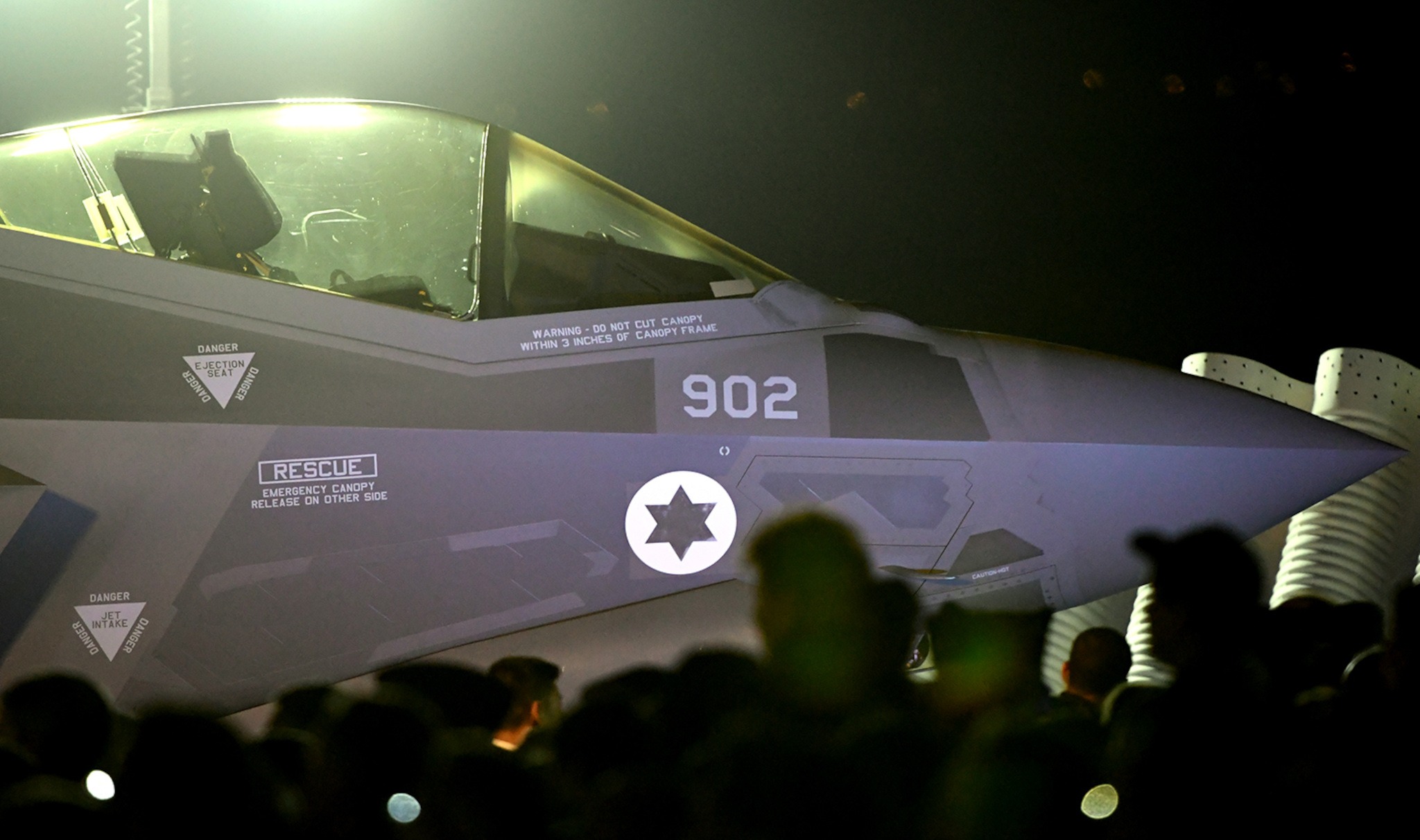
Israel receives its first F-35 jet at Nevatim air base. (Photo: US Embassy)
Ten miles away from Heathrow airport, slotted between a golf club and the M25, lies a family business that’s been running for almost a century. In many ways, Martin-Baker is a British engineering success story, making £72m profit last year.
Its speciality, ejection seats, can be found in the cockpits of most Western fighter jets, serviced by a thousand staff at sites across the world. “The sun never sets on Martin-Baker,” its website muses, in a nod to the former British Empire.
Outside the company’s HQ in Buckinghamshire, an electronic screen keeps a tally of how many pilots have safely ejected from its seats. “Lives saved to date: 7715”, it boasts. Yet less well publicised is how many lives the company is likely to have endangered.
That question is particularly poignant now, because the company supplies seats to Israel’s air force, which is pummeling Gaza with genocidal intensity. Israeli spokesman Eylon Levy, who studied at Oxford and Cambridge Universities, says the air force has hit more than 22,000 targets in the narrow coastal strip – exceeding the number America used in an entire year of operations in Afghanistan.
More than 10,000 children have died in Israel’s bombardment, according to the Euro-Med Human Rights Monitor, a rate without precedent in modern warfare. The frequency of such sorties means the aircraft involved are guzzling through inventories of spare parts, as engineers race to service the jets that are more complex than F1 cars.
The jewel in the crown of Israel’s air force are several dozen state-of-the-art F-35s, made by US arms giant Lockheed Martin and a myriad of subcontractors. Crucial to their continued operation will be the ejection seats with their explosive cartridges.

The Pentagon, which hugely subsidises Israel’s military, handed Martin-Baker a contract to provide these cartridges last September, of which around half a million dollars was to cover work with Israel.
Such a safety feature has proved surprisingly temperamental, and had war broken out last summer these planes might have missed out. Its squadron was grounded for a week in August 2022 due to a problem with the ejection cartridges.
The fault, which was first found in the US, centred on Martin-Baker’s part of the plane. The firm said the error was “traced back to a gap in the manufacturing process, which was addressed and changed.”
Although the incident was swiftly resolved, it highlighted the fragility of the plane’s supply chain, which involves at least 79 companies in Britain, who between them ensure “15 percent of the value of every F-35 is made in the UK”.
Martin-Baker has at least one engineer based around Nevatim air base, where Israel stations its F-35s and the UK military has sent a cargo flight in recent weeks.
Other manufacturers are scattered across the US and Europe, providing activists and lawyers in different jurisdictions with potential avenues to halt supplies reaching Israel. The Dutch affiliate of Oxfam has filed a lawsuit in the Netherlands, where NATO has an F-35 regional supply hub, in a bid to stop spare parts bound for Tel Aviv.
A repeat of such a principled stance seems unlikely from Rishi Sunak’s government, which has pledged unequivocal support for Israel. Defence secretary Grant Shapps would probably want to be even more deeply involved.
He told parliament last week: “We have provided no offensive military weapons to Israel during this conflict, and in fact our exports to Israel on military grounds are actually quite low, I think a figure of something like £48 million last year, which is not a very significant amount of money.”
Britain would, he said, “only be providing defensive materials, or materials which might help with the recovery of hostages,” during the conflict in Gaza. As Shapps views the airstrikes on Hamas as Israeli self-defence – however many civilians are hit – then components for the F-35 are likely to keep flowing.
Indeed, to halt the trade would be to snub one of Britain’s most privileged industries. Martin-Baker and Israeli arms firms all exhibited at the UK-government sponsored DSEI arms fair that was held in London a month before the latest war in Gaza began. Danny Gold, an Israeli general in charge of research and development, was a keynote speaker.
General Gold gushed about how Israel could send swarms of drones over an urban area which “sense the enemy, expose the enemy, connected to layers of other European fighter aircraft” and drew on “of course a lot of AI” for their target acquisition.
The Israeli military’s experimental use of artificial intelligence is key to its system of Habsora, (“The Gospel”), which automatically generates targets faster than was humanly possible. A former Israeli intelligence officer told the magazine +972 that this AI system has turned Gaza into a “mass assassination factory.”
Martin-Baker did not respond to a request for comment from Declassified as to whether it had any concerns about supplying goods or services to Israel’s air force, in light of the situation in Gaza.
However when Declassified met its representative Tony Gaunt at DSEI, he was relaxed about the company’s ejector seats ending up in Saudi aircraft, which have also been blamed for killing children. “We sell to BAE Systems who provide it [to Saudi]. So they then determine the end user,” he said cheerfully. The ejection seats, which cost upwards from £150,000 each, were “a very cool product”.
A growing number of British people appear to differ. Last week, four factories in the UK were blocked by protesters, in most cases because they supplied parts for the F-35. Martin-Baker escaped their ire this time, but its sleepy site in Buckinghamshire may not always be ignored.
- Previous Putin says Thomas Bach and IOC’s stance on Russia could ‘bury Olympic movement’
- Next Babri Mosque of Ayodhya Might Bleed Again: Indian Court’s Decision to Allow Survey of Centuries-Old Mosque to Look for Hindu Relics Could Spill Further Interreligious Conflict with Moslems


